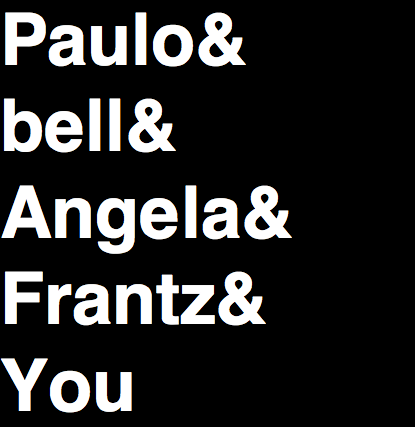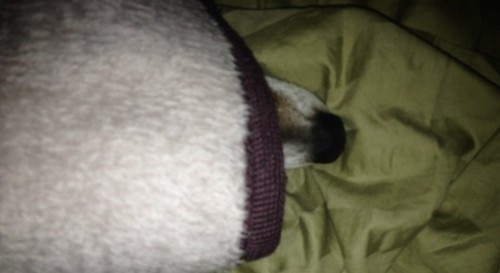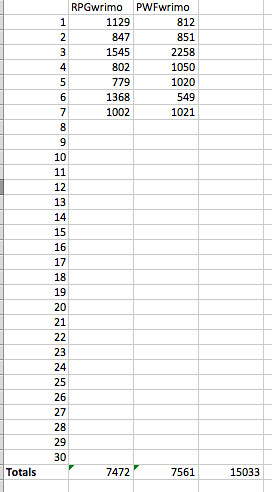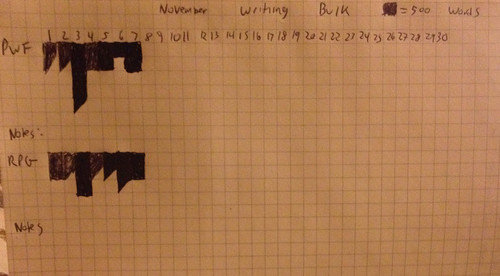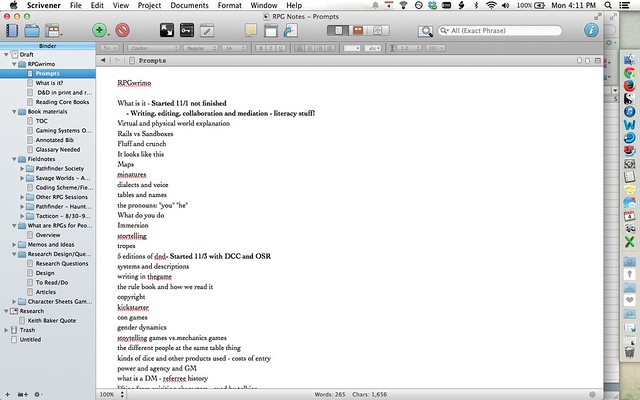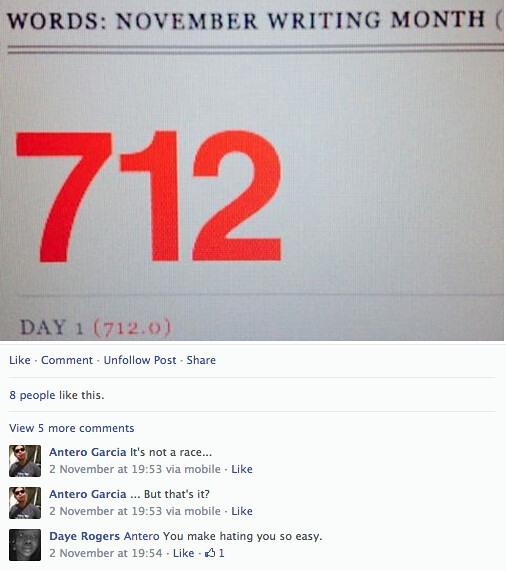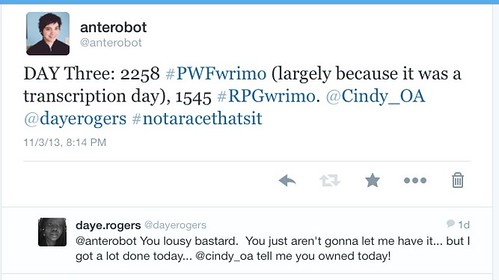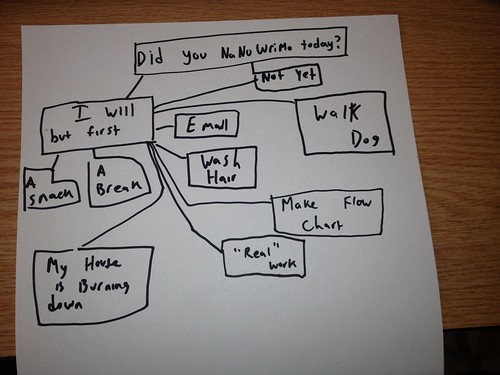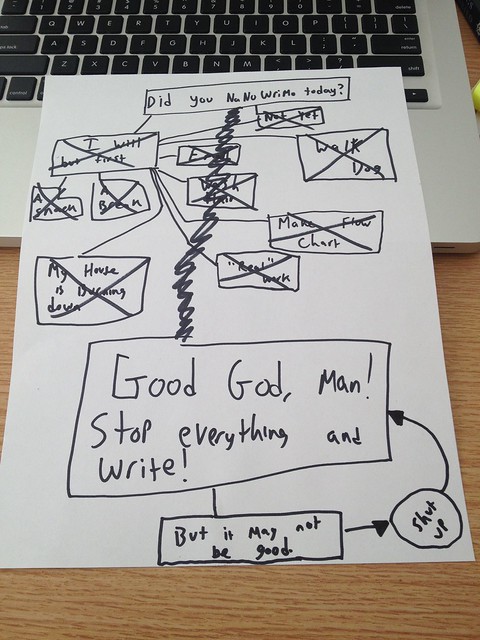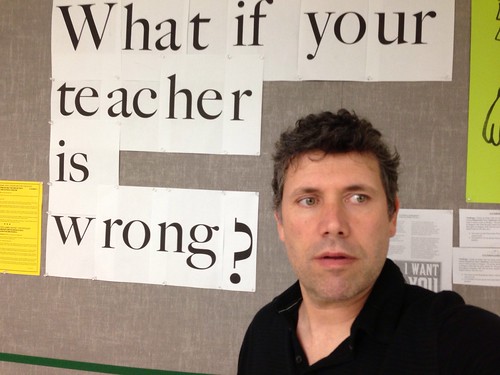
This week I listened to the audiobook of Allegiant, the third in Veronica Roth’s Divergent trilogy. I also read a bunch of Twisty Little Passages a book about interactive fiction. I caught up on the last two issues of Brian K. Vaughn’s Saga. I finished reading the business book The Year Without Pants (despite the goofy title, I think there’s some awesome “stuff” here for educators to consider and it makes me want to consider how to use P2s in classrooms). I am planning on starting A True Novel and The New Jim Crow as I travel to the NCTE Annual Conference next week.
The above paragraph may come as a mean-spirited humblebrag about my use of time and my incredibly-amazing reading habits. However, I offer it to begin a reflection on a discussion we had in my “Teaching Reading” class on Thursday.
Preluding the prompt with a quote from Linda Christensen, I asked my class to respond to the following questions:
How will you decide what texts you should teach in your class? What books are you excited about teaching? What are you dreading? How will you know what your students need?
The discussion that followed turned primarily toward an up-and-coming writer you may have heard about: William Shakespeare. We English educators regularly get into a tizzy around the question: To teach or not to teach? As I told my class, Shakespeare’s words are personally meaningful for me and I know many of my students reinforced a passion for literature as a result of how we interacted with his texts in my classroom. However, the key word in that previous sentence is passion. We can just as easily quelch enthusiasm when we are not very excited about the books we teach in our classrooms.
And so, on my brain today is the question that extends beyond our conversation on Thursday. As was mentioned in the class, most schools are going to require students to read Shakespeare’s works in their English classes. For better or worse, English teachers have to be able to teach texts they may not be passionate about. Whether it be Shakespeare or Cisneros or Hemingway or whatever canonical-ish author you are expected to utilize in classrooms, how do you teach effectively, enthusiastically, passionately to texts you may not personally identify with? On the other hand, you could also refuse to teach that text. Even better, do it… in the name of “social justice, man.” (My friend Other Chris and I joke that every everything can sound sarcastic by adding “man” to the end of it.) By either teaching without passion or by refusing to teach a text you feel negatively toward, do our students miss out? What kinds of lessons about the value of students’ time laboring in classes do we demonstrate when we fumble?
These are the questions I’m left with on this sunny Saturday morning.
